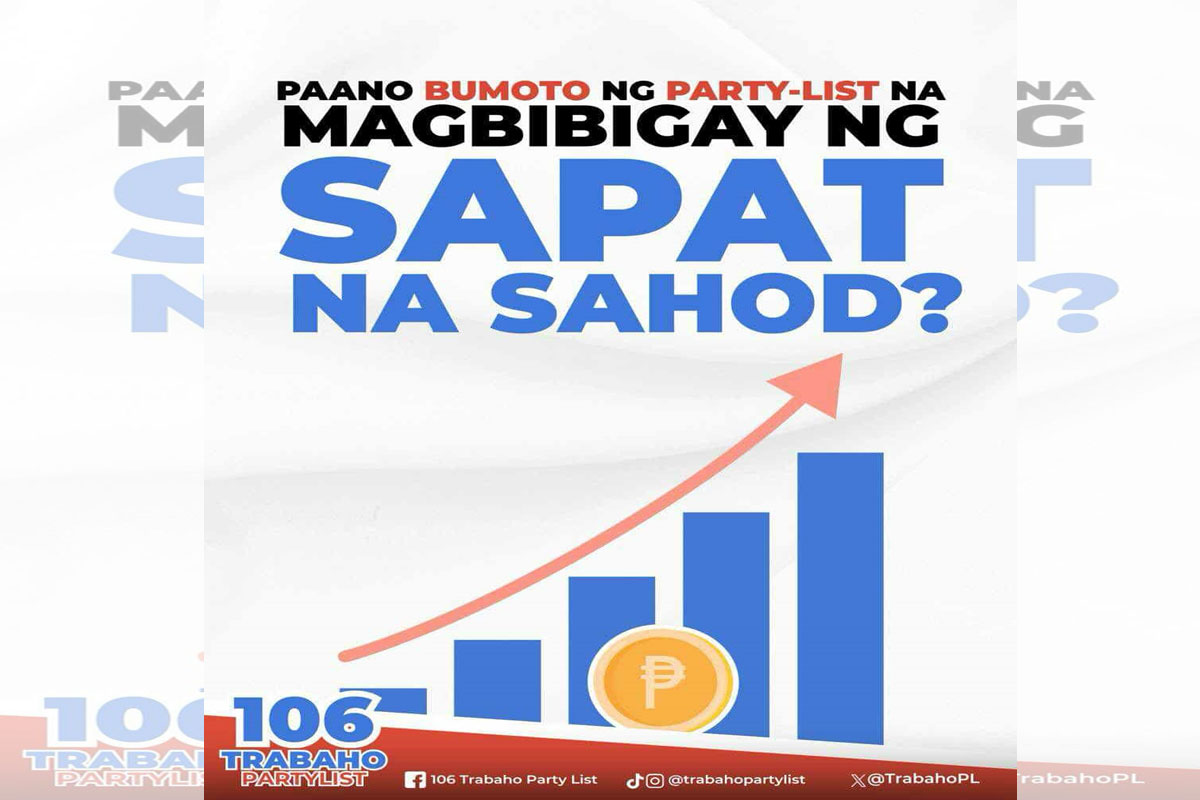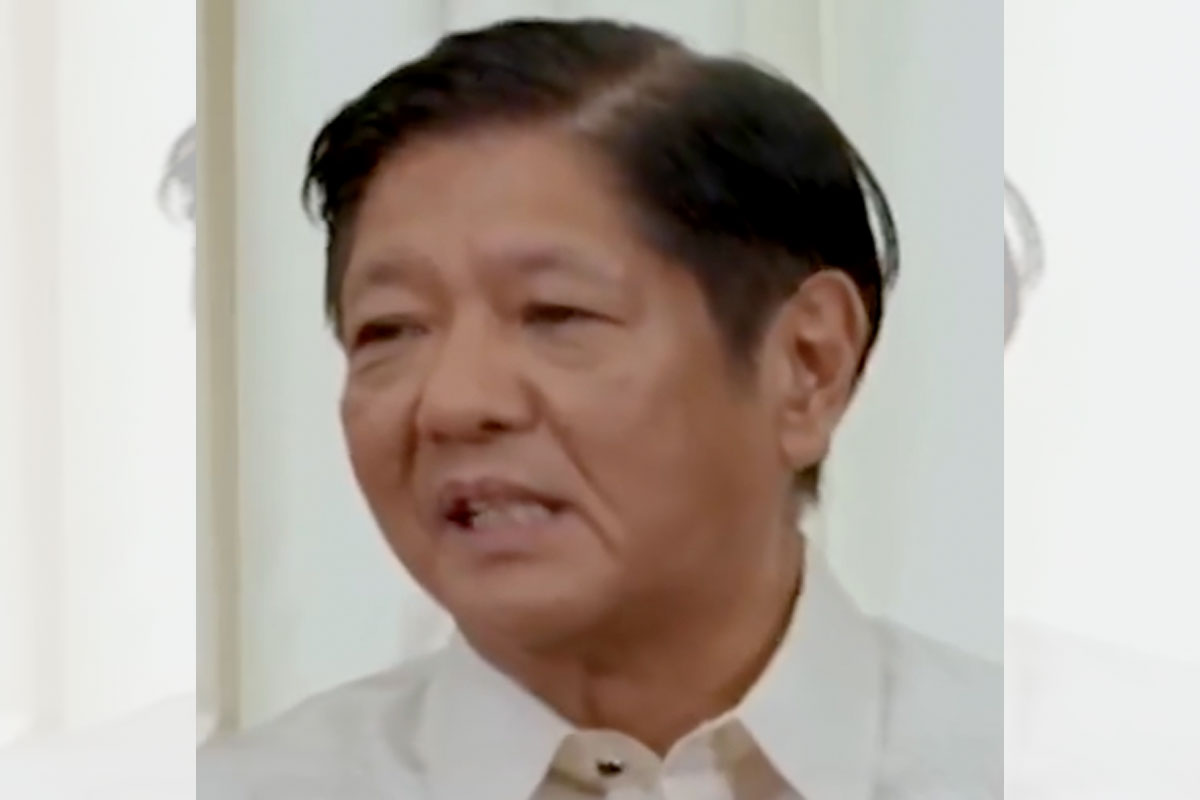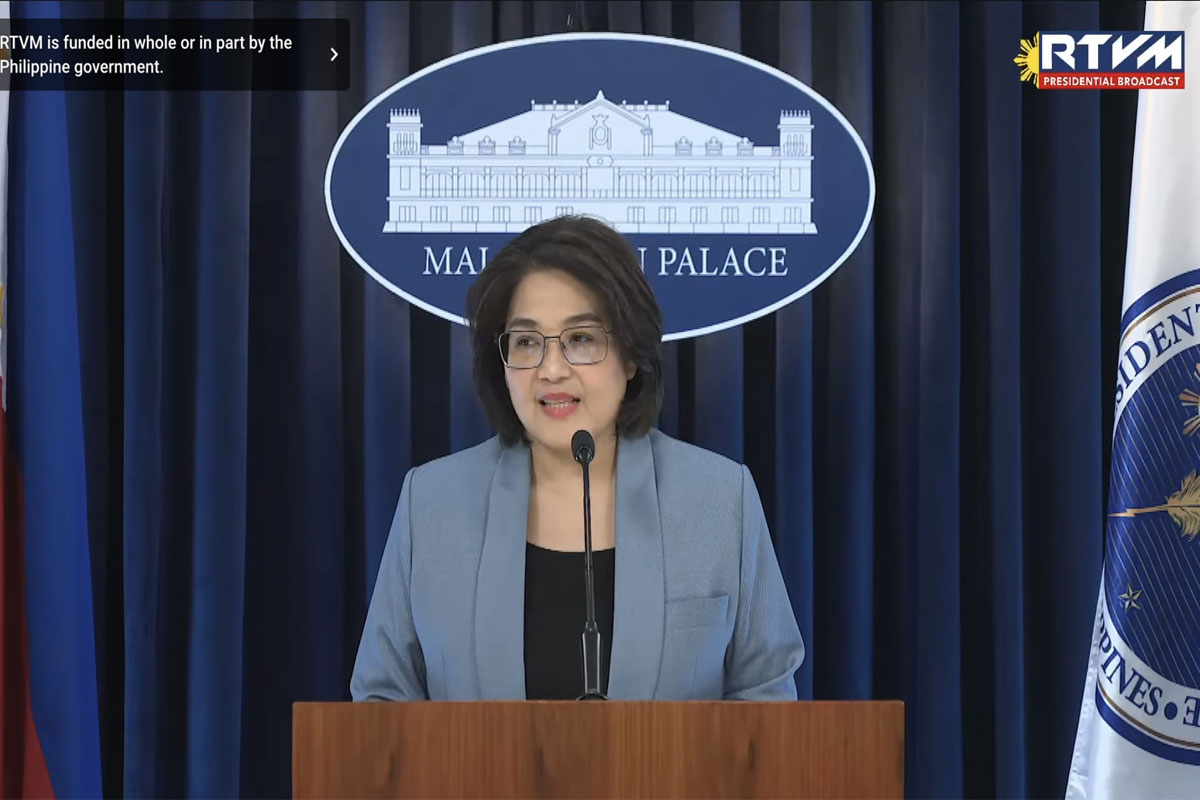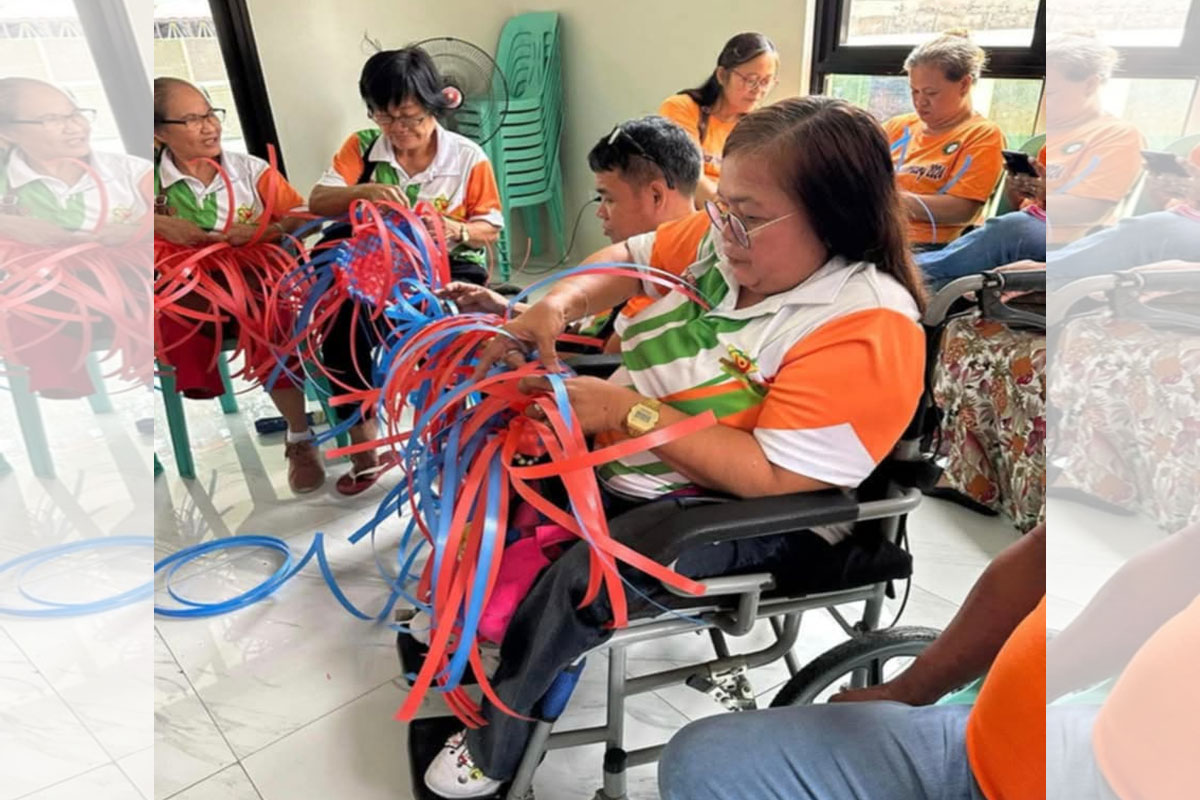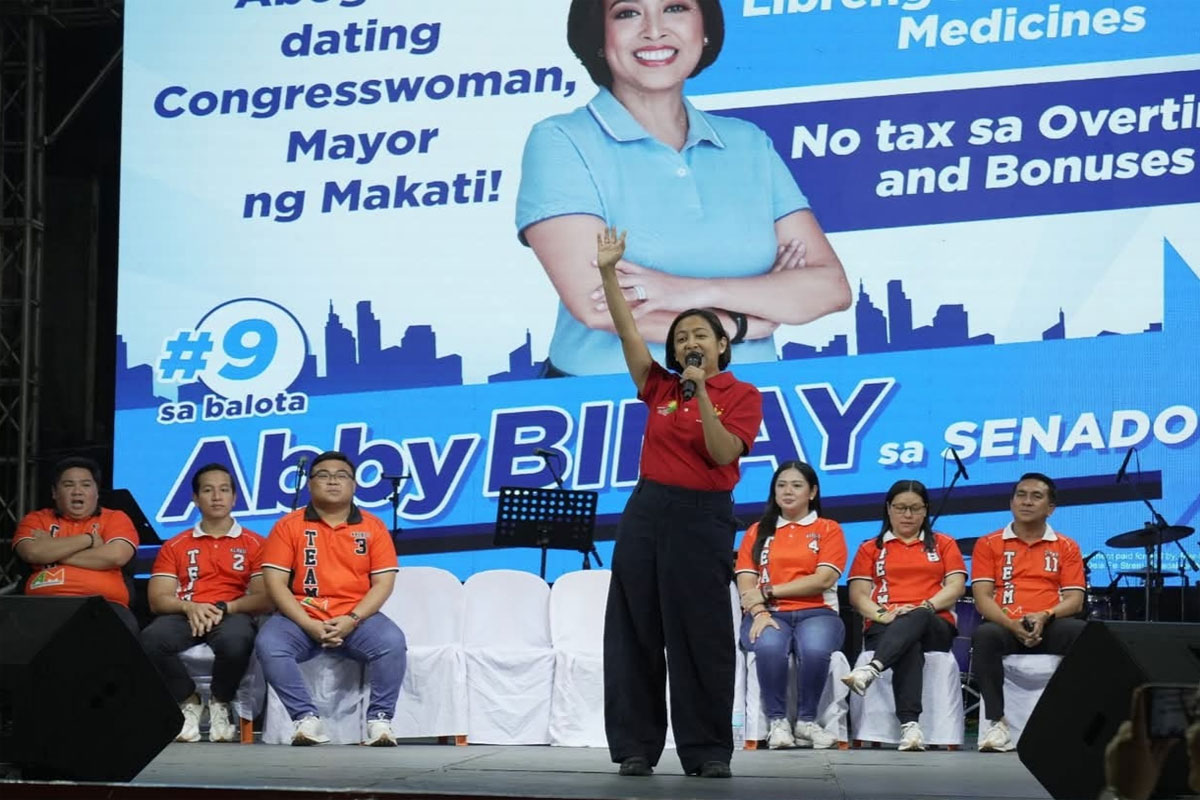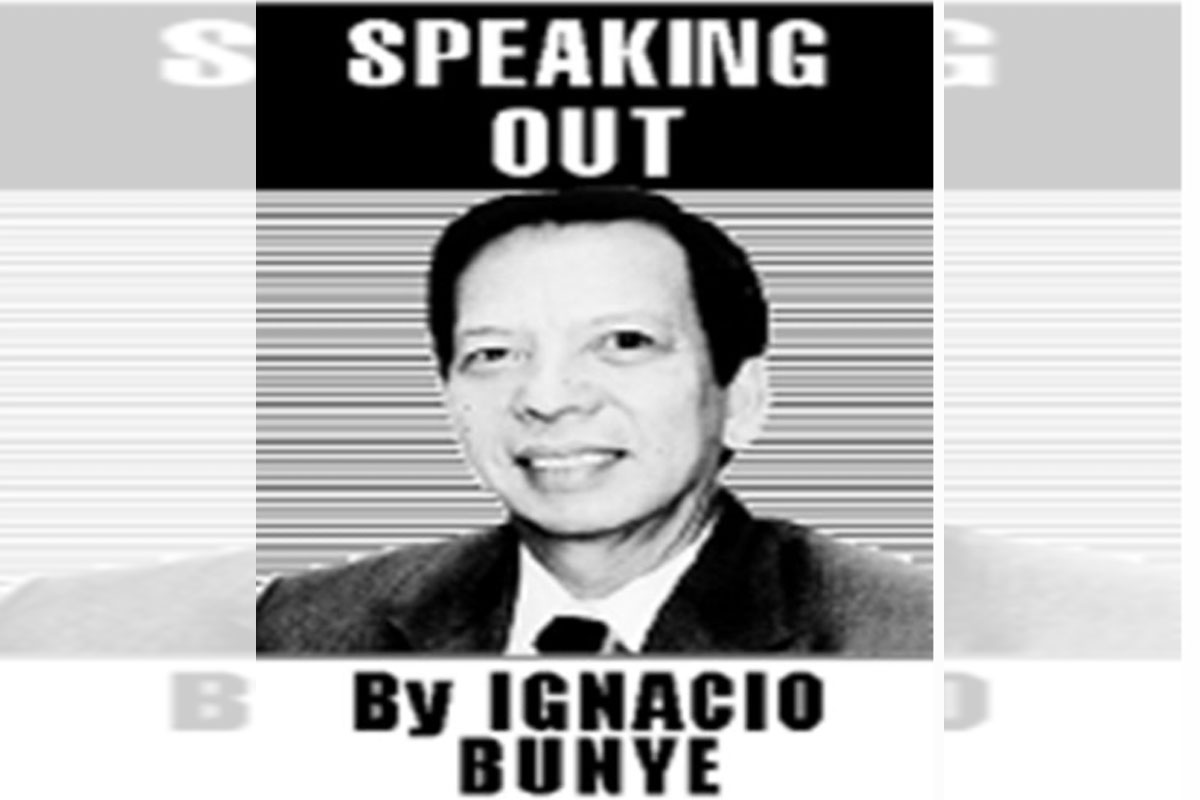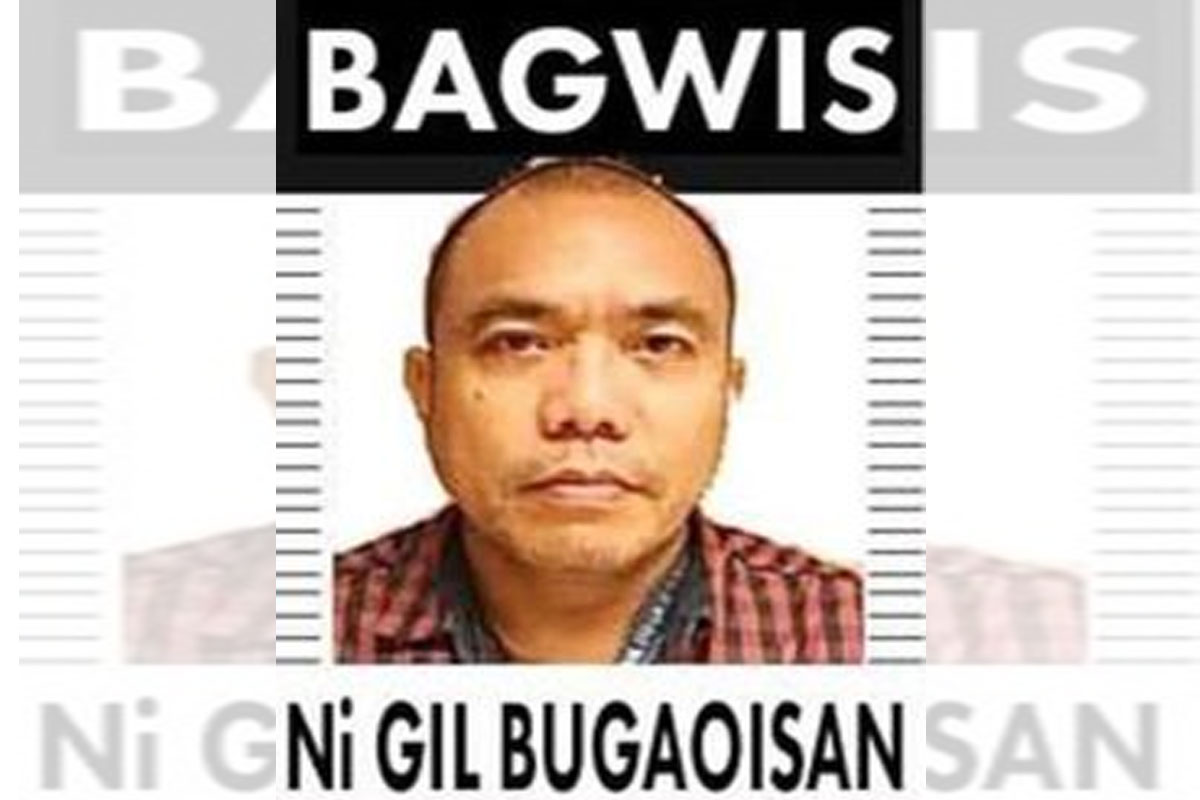
Amending the 1987 Constitution
FEARING that the Senate would become completely irrelevant if the People’s Initiative overcomes all the legal requirements for a plebiscite that would allow amendments to the 1987 Constitution, Senate President Juan Miguel Zubiri finally succumbed to the growing pressure for a charter change (cha-cha).
To derail the People’s Initiative, Zubiri led the filing of Resolution of Both Houses No. 6, which calls for amending the economic provisions of the 1987 Constitution through a constituent assembly. The House of Representatives, led by Speaker Ferdinand Martin Romualdez, has declared the House will adopt the Senate’s RBH 6, although they have long approved a similar resolution.
The Senate has been a consistent roadblock in the effort to correct crucial flaws in the Constitution, which include ultra-protectionist provisions that have become a big turn-off to foreign direct investors. It is only in the Philippines that economic policies, including ownership of high-capital investments, are embedded in the Constitution.
Countries like Singapore, Thailand, Vietnam, and Indonesia have allowed 100 percent ownership in certain industries but have retained some level of restrictions on others. One common denominator for these countries is the fact that their economic policies are written in their regular statutes, not in their Constitution.
This allows their government to tweak their economic policies based on the prevailing economic climate amid globalization and rapidly evolving technological advances in the way we conduct our business.
The 1987 Constitution contains several economic provisions that restrict foreign ownership and investment in certain sectors, such as land ownership and the operation of public utilities.
These restrictions were initially intended to protect national interests and promote local entrepreneurship. However, in the context of globalization and the need for increased foreign investment to boost economic growth, these provisions have limited the country’s competitiveness.
Amending the constitution to relax these restrictions could attract more foreign direct investment, create jobs, and stimulate economic development, positioning the Philippines more favorably on the international stage.
The constitution is a living document meant to reflect the values and aspirations of its people. As society evolves, so too should its foundational laws to ensure they remain relevant and inclusive. Amending the constitution to address contemporary social issues, such as gender equality, indigenous rights, and environmental protection, can reinforce the commitment to a just and humane society. Additionally, updating the Bill of Rights to address modern challenges, such as digital privacy and information security, can ensure that the constitution keeps pace with technological advancements and protects citizens’ rights in the digital age.
Understandably, amending the constitution is no easy task as it requires a comprehensive and inclusive process that involves broad public consultation, rigorous debate, and consensus-building among the nation’s various stakeholders. The objective should be to ensure that any amendments reflect the collective will and aspirations of the Filipino people, promoting a more just, equitable, and prosperous society.
But it is very clear that we need to amend the 1987 Constitution if we want to adapt to changing economic, political, and social landscapes. By addressing restrictions on economic participation and ensuring social inclusivity, the Philippines can pave the way for a future that not only respects its rich history and values but also embraces the opportunities and challenges of the 21st century. By Gil Bugaoisan







